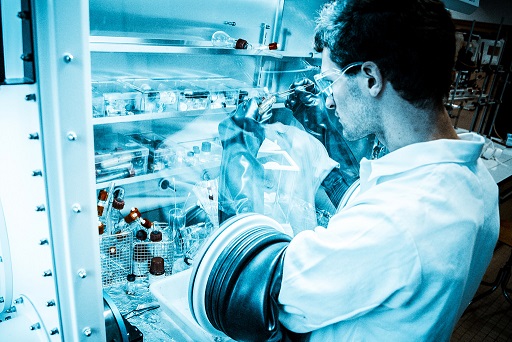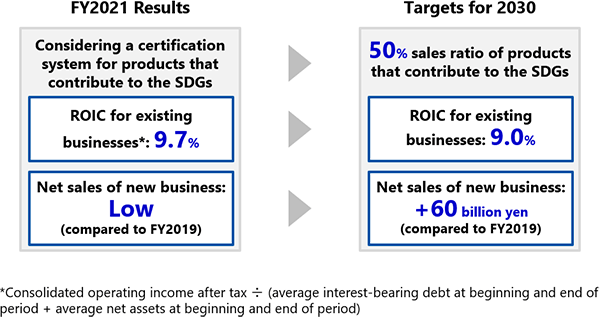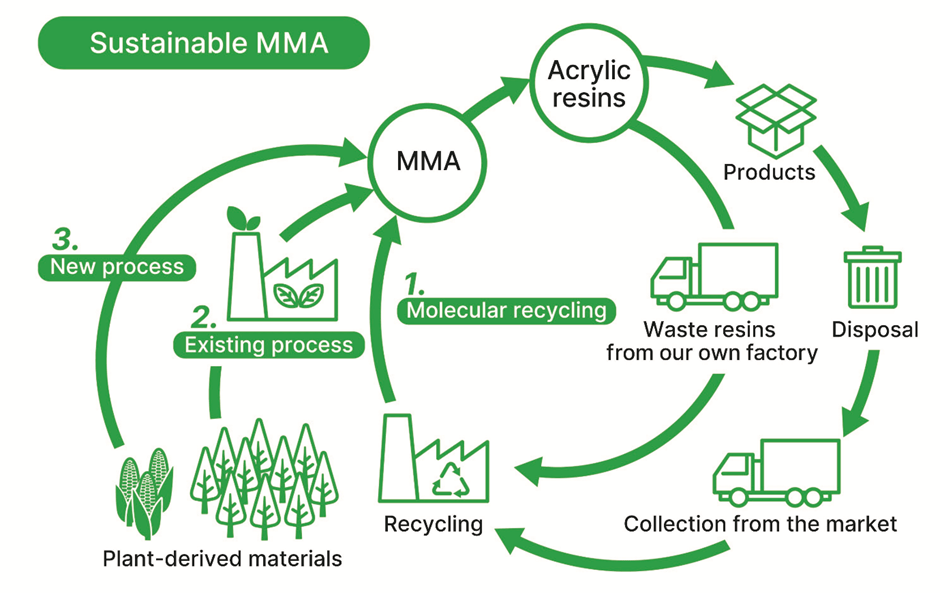Chemical engineering stands at the intersection of science and industry, leveraging fundamental principles to drive innovation and efficiency in a wide array of industrial processes. This article embarks on a journey through the dynamic field of chemical engineering, uncovering its diverse applications. From designing streamlined production processes to optimizing manufacturing operations, chemical engineering plays a pivotal role in numerous industries, shaping the way we produce essential goods and materials.
1. The Essence of Chemical Engineering: A Multifaceted Discipline
Chemical engineering encompasses the application of scientific principles to design, optimize, and oversee processes used in the production of various materials and products.
2. Industrial Processes: From Lab Bench to Factory Floor
Chemical engineers translate laboratory discoveries into large-scale processes that yield products ranging from pharmaceuticals to fuels.
3. Chemical Processes: Transforming Raw Materials
Processes such as distillation, reaction engineering, and separation techniques form the backbone of chemical engineering, enabling the conversion of raw materials into valuable products.
4. Process Design: Engineering Efficiency
Chemical engineers are tasked with designing processes that are not only efficient but also economically viable and environmentally sustainable.
5. Manufacturing Excellence: From Prototype to Production Line
Chemical engineers play a vital role in transitioning new products and materials from research and development to large-scale production.
6. Chemical Plants: Where Science Meets Industry
Chemical plants are complex facilities that house the equipment and systems needed to carry out large-scale chemical processes.
7. Production Optimization: Fine-Tuning Efficiency
Chemical engineers continually seek ways to enhance production processes, from minimizing waste to maximizing yield.
8. Safety in Chemical Engineering: Mitigating Risks
Safety protocols and risk assessment are paramount in chemical engineering to ensure the well-being of both workers and the environment.
9. Materials Synthesis: Crafting the Future
Chemical engineers are at the forefront of materials science, developing new substances with a wide range of applications, from advanced polymers to cutting-edge composites.
10. Energy and Environmental Considerations: A Holistic Approach
Chemical engineers work towards sustainable solutions, from developing alternative energy sources to implementing pollution control measures.
11. Innovations in Chemical Engineering: Shaping Tomorrow’s Industries
Ongoing research in chemical engineering leads to breakthroughs in fields like nanotechnology, biotechnology, and sustainable manufacturing.
In Conclusion: Engineering a Better Future
Chemical engineering is a dynamic and ever-evolving discipline that underpins numerous industries critical to our modern way of life. By marrying scientific knowledge with practical application, chemical engineers drive progress, enabling us to create, innovate, and sustainably meet the needs of a growing global population.
In Conclusion:
Chemical engineering is a dynamic and ever-evolving discipline that underpins numerous industries critical to our modern way of life. By marrying scientific knowledge with practical application, chemical engineers drive progress, enabling us to create, innovate, and sustainably meet the needs of a growing global population.
Tags: Chemical Engineering, Industrial Processes, Chemical Processes, Process Design, Manufacturing, Chemical Plants, Production Optimization, Materials Synthesis











